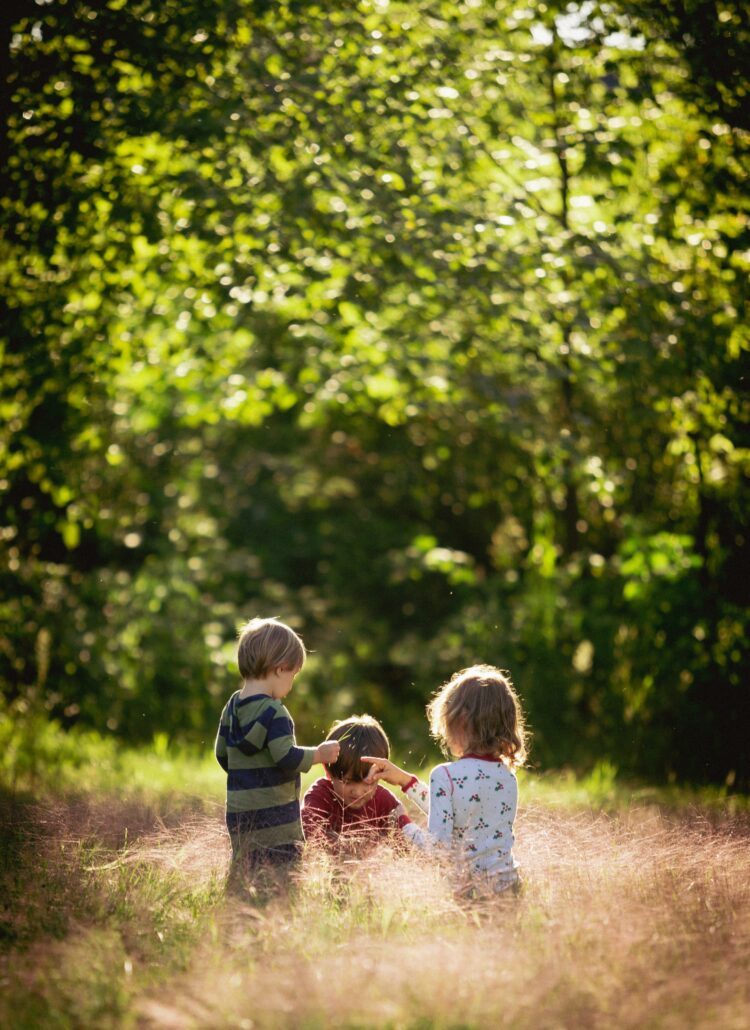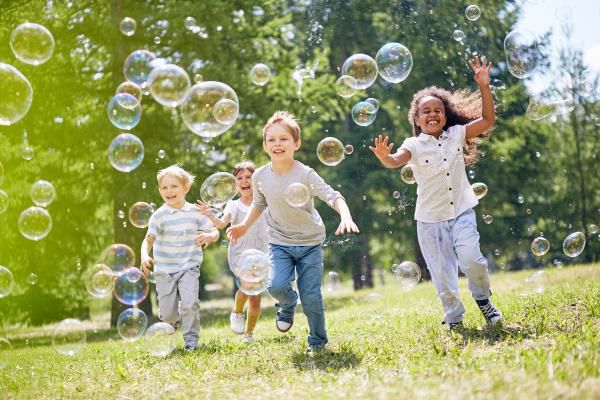In today’s digital age, children often find themselves immersed in screens, missing out on the beauty and wonders of the great outdoors. As a parent, encouraging your children to spend more time outside can have numerous benefits for their physical, mental, and emotional well-being. This blog post aims to shed light on the advantages of outdoor play for children and provide you with evidence-backed insights to help you motivate your kids to step outside and explore the natural world.
1. Physical Health Benefits
Source: American Academy of Pediatrics, 2019
Outdoor play encourages physical activity, helping your children develop motor skills, strength, and endurance. It also aids in preventing childhood obesity and related health issues. According to the American Academy of Pediatrics (AAP), outdoor play provides opportunities for unstructured physical activity, improving children’s cardiovascular health and overall well-being.
2. Enhancing Creativity and Imagination
Source: Fjortoft, I., & Sageie, J. (2001)
Nature serves as a playground for a child’s imagination. Being in natural settings allows kids to explore, create, and engage in imaginative play. A study by Fjortoft and Sageie (2001) demonstrated that outdoor environments stimulate creative thinking and problem-solving skills, providing children with endless opportunities to invent games, scenarios, and stories.
3. Mental Health and Stress Reduction
Source: Wells, N. M. (2000)
Spending time outdoors can significantly contribute to reducing stress and improving mental health for both children and adults. Nature has a calming effect and offers a break from the constant stimulation of modern life. Research by Wells (2000) highlighted the positive impact of nature on mental well-being, showing that exposure to green spaces can reduce stress and enhance overall psychological health.
4. Learning and Cognitive Development
Source: Kuo, F. E., & Faber Taylor, A. (2004)
Outdoor play is an enriching learning experience for children. Nature provides a dynamic classroom where kids can observe and interact with various elements, stimulating their curiosity and cognitive development. A study by Kuo and Faber Taylor (2004) emphasized that exposure to natural environments can enhance attention, problem-solving skills, and academic performance in children.
5. Social Skills and Cooperation
Source: Bell, A. C., Dyment, J. E., & Grounds, A. (2010)
Outdoor play offers a setting where children learn important social skills, such as communication, cooperation, and conflict resolution. Interacting with peers in an unstructured outdoor environment helps children develop their social capabilities and learn how to work together, fostering a sense of community. Research by Bell, Dyment, and Grounds (2010) highlighted the positive impact of outdoor play on social interactions and relationship-building among children.
Conclusion
Encouraging your children to spend more time outdoors can be one of the best gifts you give them. The benefits are numerous, ranging from physical health to cognitive development and enhanced social skills. So, unplug the devices, open the door, and let your kids explore the wonders of the natural world—it’s an investment in their well-being and future success.
References:
- American Academy of Pediatrics. (2019). The Power of Play: A Pediatric Role in Enhancing Development in Young Children. Pediatrics, 143(1), e20183348.
- Fjortoft, I., & Sageie, J. (2001). The natural environment as a playground for children: Landscape description and analyses of a natural playscape. Landscape and Urban Planning, 48(1-2), 83-97.
- Wells, N. M. (2000). At home with nature: Effects of “greenness” on children’s cognitive functioning. Environment and Behavior, 32(6), 775-795.
- Kuo, F. E., & Faber Taylor, A. (2004). A potential natural treatment for attention-deficit/hyperactivity disorder: evidence from a national study. American Journal of Public Health, 94(9), 1580-1586.
- Bell, A. C., Dyment, J. E., & Grounds, A. (2010). The Outdoors and Health: Pathways to Physical Health and Psychological Well-Being. Health Promotion Journal of Australia, 21(1), 17-22.




Leave a Reply